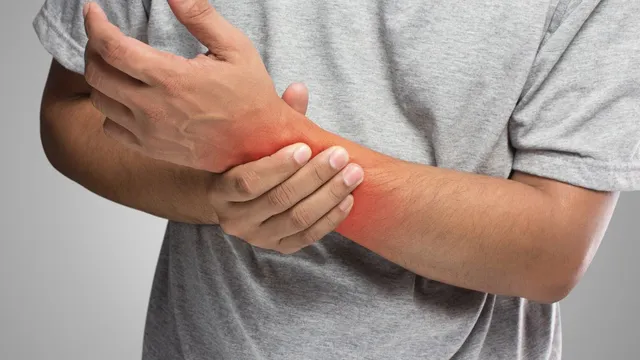- By Priyanka Munshi
- Thu, 23 Jan 2025 02:11 PM (IST)
- Source:JND
Recently, around 35 new cases of the deadly Guillain-Barre Syndrome were suspected in Pune, raising major concerns among individuals. You might be wondering, what exactly is Guillain-Barre Syndrome? Here, we’ve compiled detailed information about this condition and its early symptoms, so you can recognise them and take timely precautions.
What Is Guillain-Barre Syndrome?
According to WebMD, Guillain-Barre Syndrome is a rare disorder in which your immune system suddenly attacks your nerves, often after a stomach infection or illness. It typically begins with a tingling sensation in your hands and feet, which then spreads rapidly. In severe cases, it can cause numbness, weakness, and even paralysis.
What Are The Types Of Guillain-Barre Syndrome?
- Acute inflammatory demyelinating polyradiculoneuropathy (AIDP)
- Miller Fisher syndrome (MFS)
- Acute motor axonal neuropathy (AMAN) and Acute motor-sensory axonal neuropathy (AMSAN)

Guillain-Barre Syndrome can cause numbness, weakness and even paralysis. (Image Credit: Canva)
What Causes Guillain-Barre Syndrome?
As per medical experts, there is no definitive cause of Guillain-Barre Syndrome, nor is it hereditary or contagious. However, in many cases, it has been linked to health issues such as respiratory illnesses, stomach infections, and, rarely, certain vaccines. While some people recover fully, others may face long-term effects or may not recover completely.
What Are The Early Symptoms Of Guillain-Barre Syndrome?
According to WebMD, the symptoms of Guillain-Barre Syndrome often begin in the feet and legs but can also affect the arms and face in some cases. Below are the symptoms you should watch for and consult a doctor promptly:
- A "pins and needles" sensation in your toes, ankles, fingers, or wrists
- Weakness that starts in the legs and moves upward
- Unsteady walking
- Difficulty climbing stairs
- Trouble with speaking, chewing, swallowing, or other facial movements
- Double vision
- Difficulty moving your eyes
- Severe aching, shooting, or cramping pain, often worsening at night
- Difficulty controlling your bladder or bowels
- Rapid heart rate
- High or low blood pressure
- Weakness in chest muscles, making it hard to breathe
- Let me know if you need further refinements!

